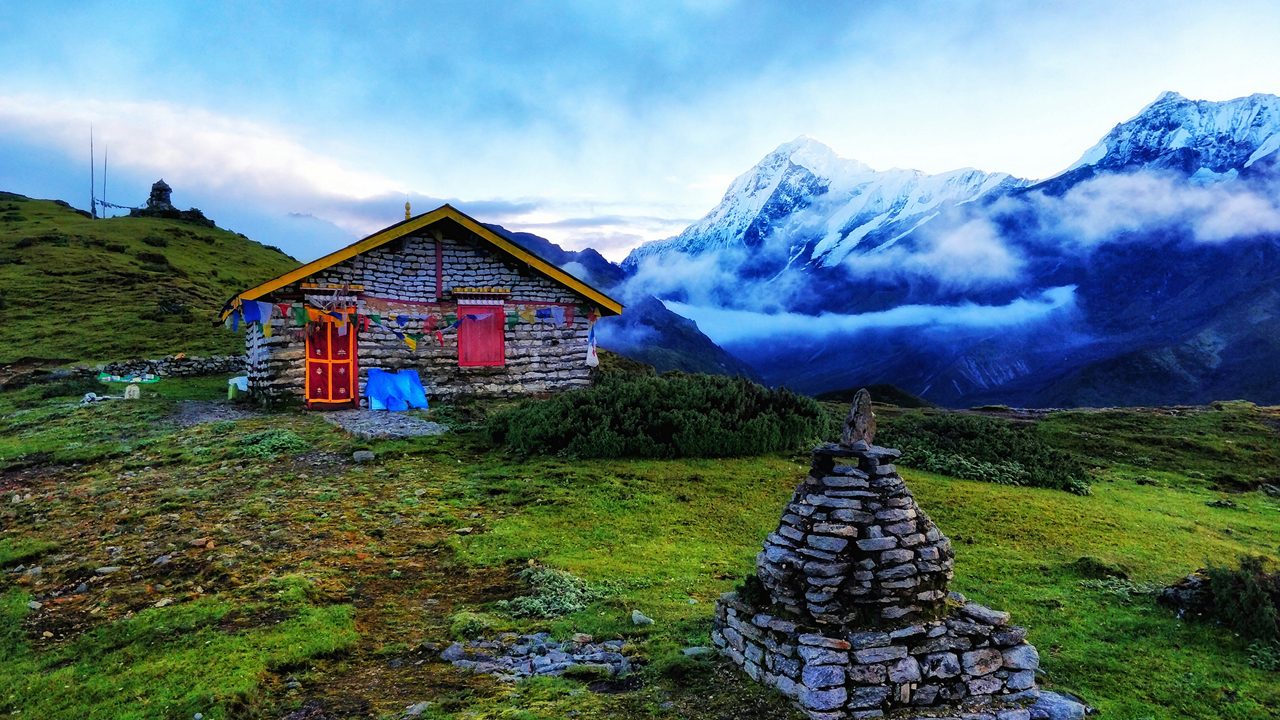
Sikkim Group Condemns Army for Scaling Sacred Khangchen Dzongna

 :
| Updated On: 23-May-2025 @ 3:40 pm
:
| Updated On: 23-May-2025 @ 3:40 pmSHARE
The Sikkim Bhutia Lepcha Apex Committee (SIBLAC) has issued a strong condemnation against the Indian Army’s recent expedition to Mount Khangchen Dzongna, a peak that holds immense spiritual and cultural significance for the indigenous Bhutia and Lepcha communities of Sikkim. For these communities, Mount Khangchen Dzongna is far more than a geographical landmark; it is revered as a sacred site and considered the Guardian Deity who protects the local people. Recognizing this, the Government of Sikkim has implemented legal directives banning any expedition or activities on this sacred mountain to preserve its sanctity and respect the religious sentiments of the local population.
Despite these clear state-imposed legal protections and the spiritual importance of the site, the Indian Army proceeded with its climb, which has sparked widespread public outrage and grief within the local communities. SIBLAC expressed its deep frustration over the incident through a formal statement, highlighting how the army’s actions disregarded the religious values of the indigenous people and violated the legal restrictions set by the state government. The committee’s statement conveyed that such an act was not only a breach of protocol but also a disrespect to the cultural heritage of the Bhutia and Lepcha communities.
In response to the incident, SIBLAC has called for an official explanation from the state’s Ecclesiastical Department, which is responsible for overseeing religious affairs in Sikkim. The committee is pressing for answers on how such a violation was allowed to happen despite the clear laws protecting the sacred mountain. They have also urged the state government to take strong preventive measures to avoid similar incidents in the future and to reinforce respect for all sacred sites in the region.
Tseten Tashi Bhutia, the convenor of SIBLAC, voiced the community’s emotional distress over the Indian Army’s expedition, stating that the mountain is not merely a natural landmark but a holy guardian for their people. He emphasized the deep connection and reverence the local communities hold towards Mount Khangchen Dzongna and expressed hope that the government and all responsible authorities will recognize the community’s sentiments and take necessary steps to safeguard their cultural heritage.
SIBLAC’s condemnation extends beyond just the immediate incident, as the committee has appealed to both civilian and military institutions to respect the sacred geography and traditions of Sikkim. They stressed the importance of cultural sensitivity and the need to comply with legal frameworks designed to preserve the indigenous identity and religious practices of the region’s inhabitants.
The controversy around the Indian Army’s climb has brought to light the ongoing tension between national security activities and the preservation of indigenous rights and cultural heritage. SIBLAC’s response underscores the need for greater dialogue and collaboration between government, military, and local communities to ensure that development or security operations do not come at the cost of cultural disrespect or violation of religious sentiments.
In conclusion, the Indian Army’s recent expedition to Mount Khangchen Dzongna has not only caused grief among the Bhutia and Lepcha communities but has also highlighted the importance of protecting sacred sites through legal and cultural respect. SIBLAC’s demand for accountability and preventive action represents a broader call to safeguard indigenous traditions while balancing the roles of state and military functions. The incident is a reminder that the preservation of cultural identity and religious sanctity must be prioritized alongside any other state interests.